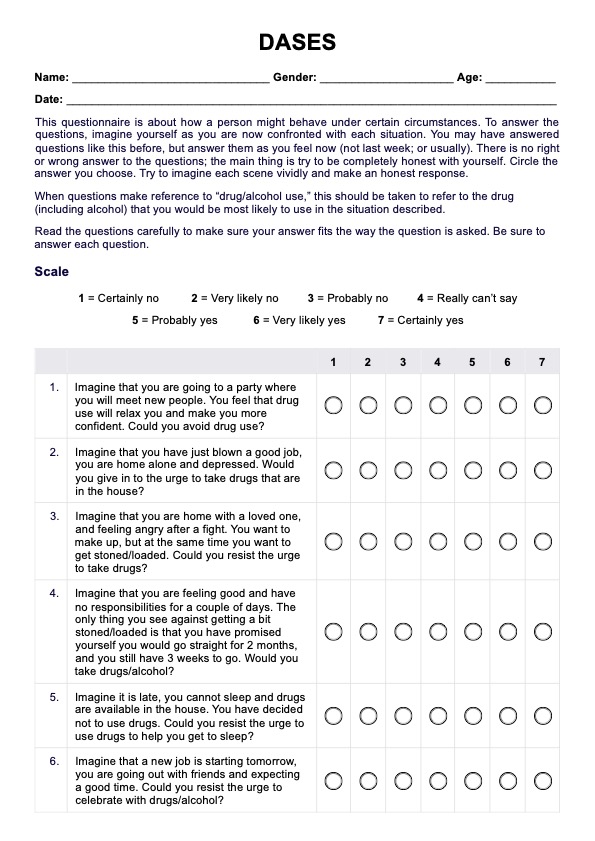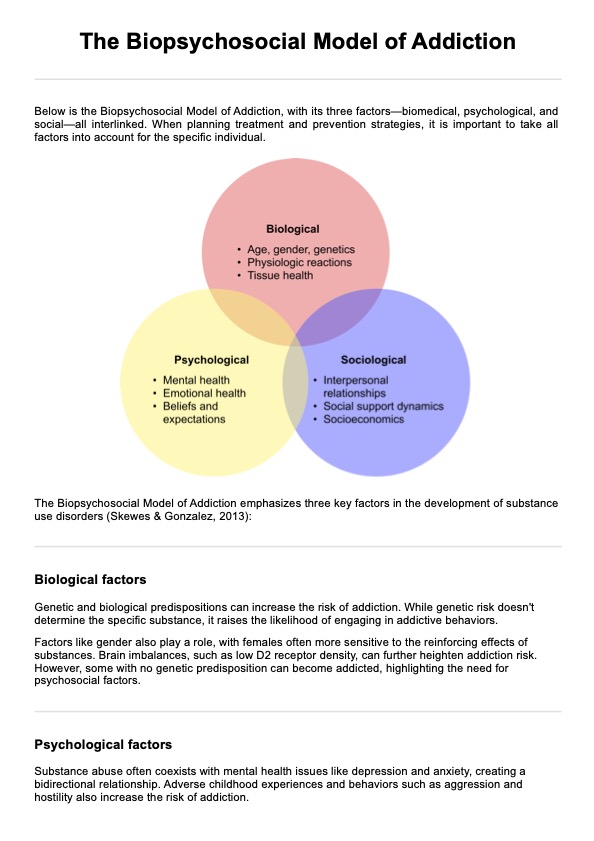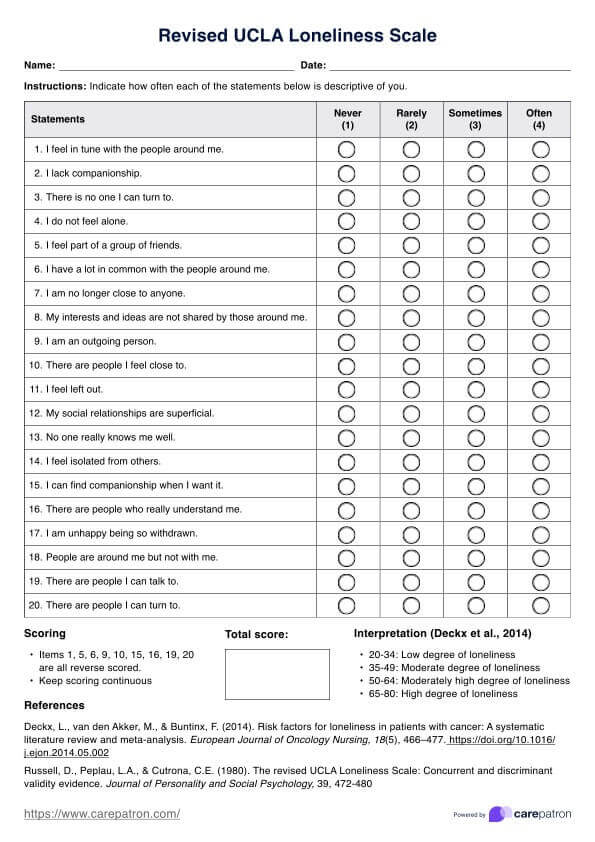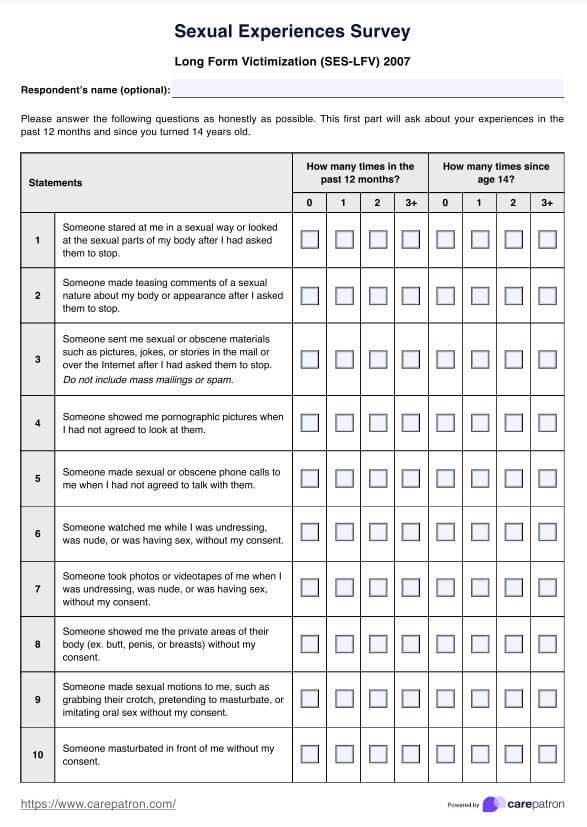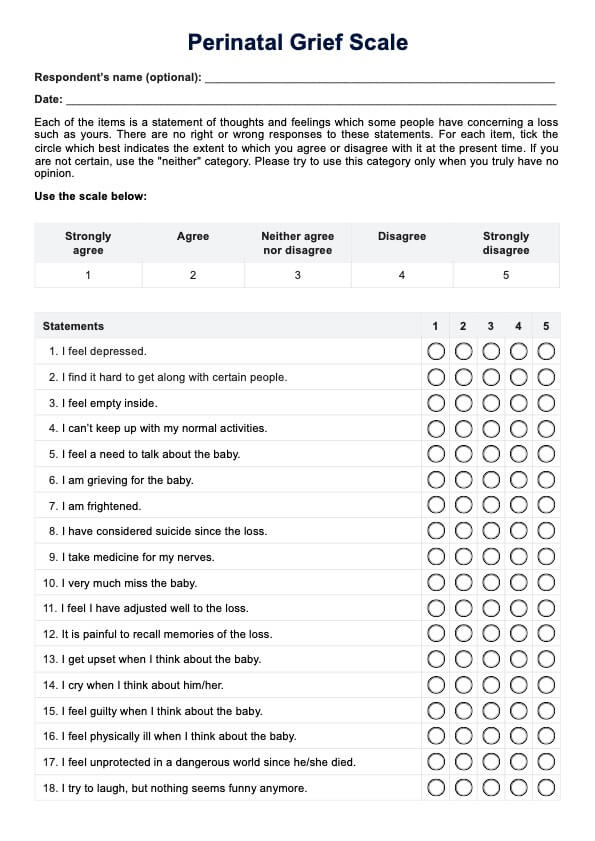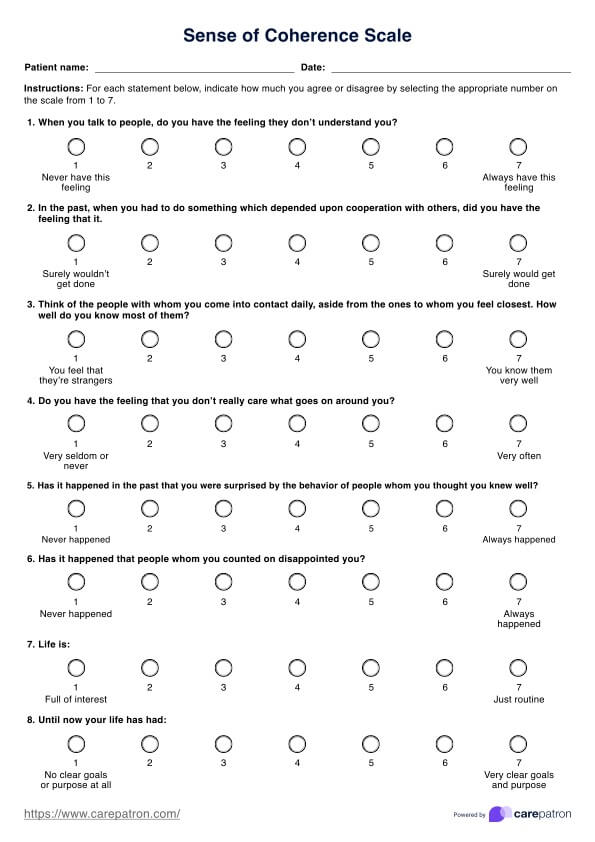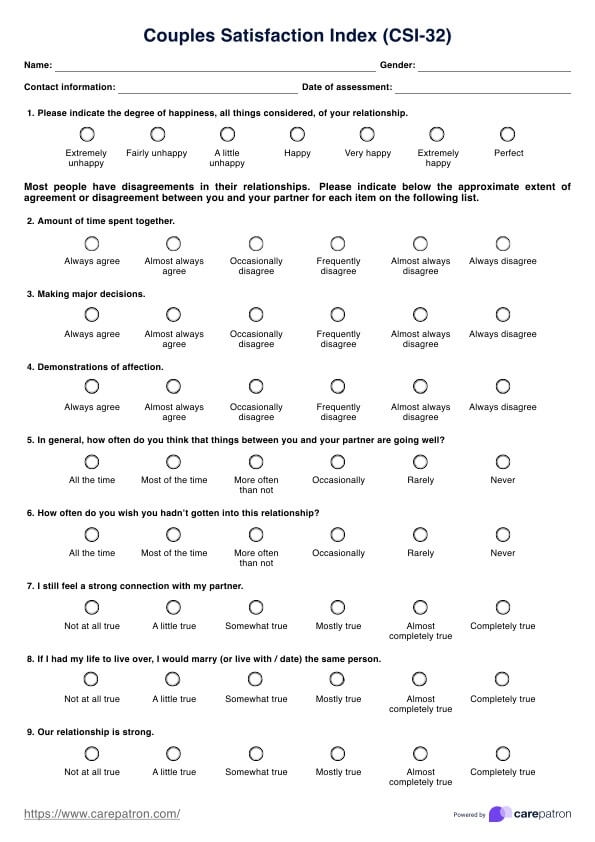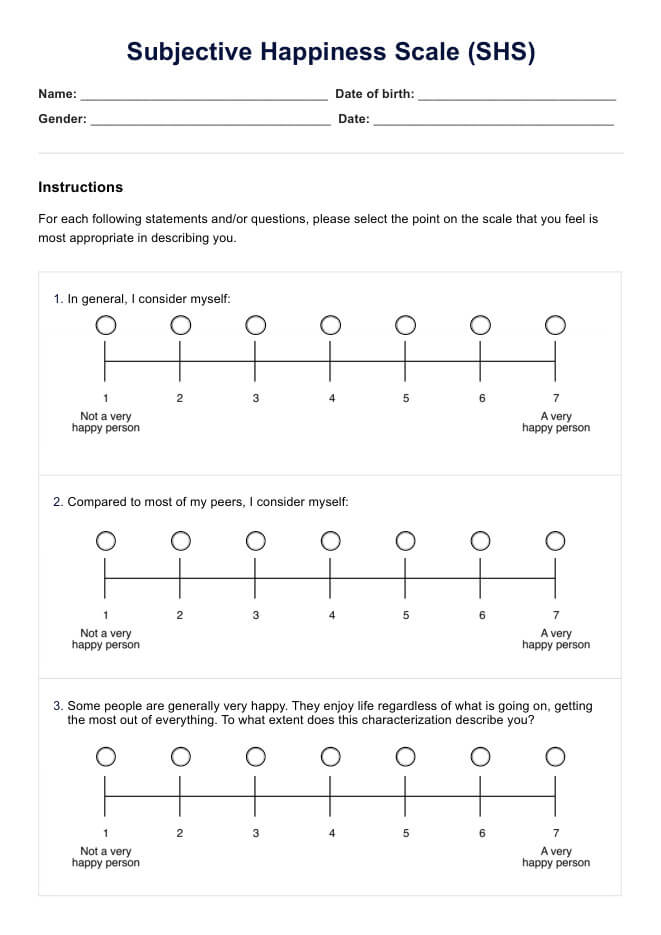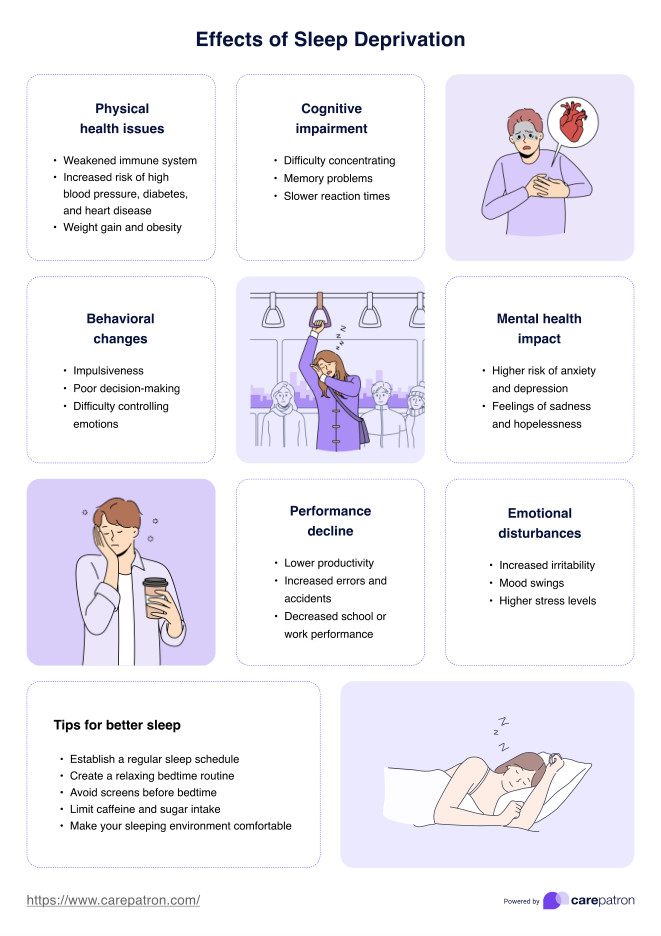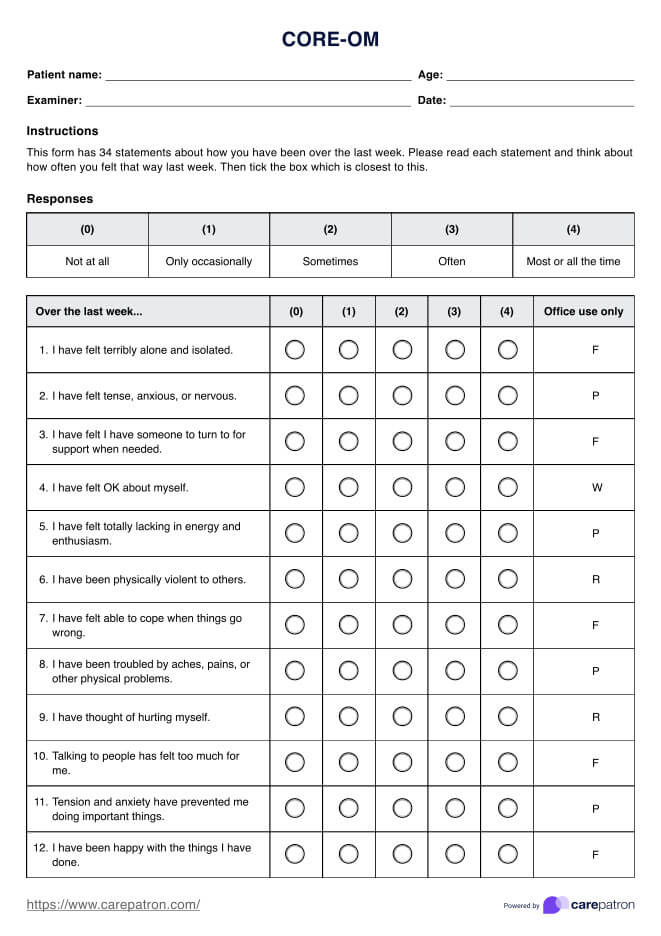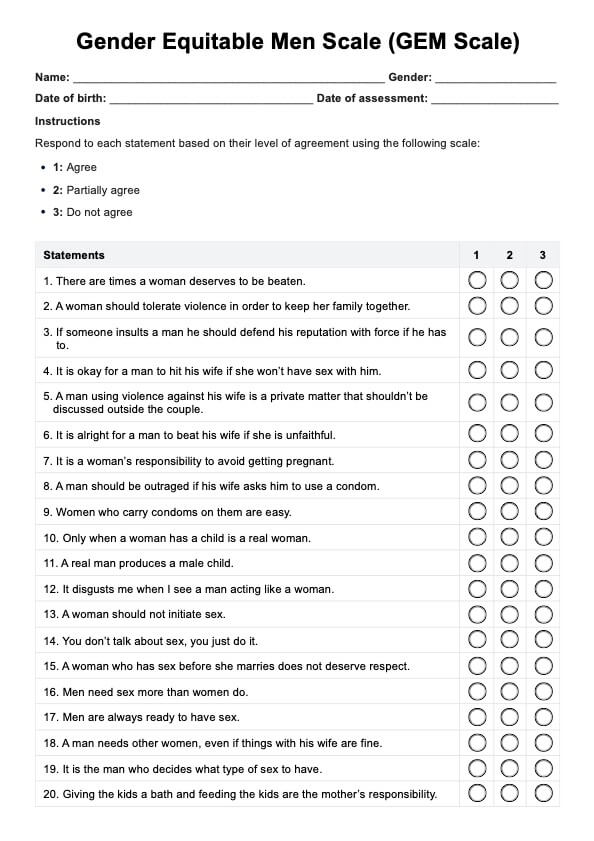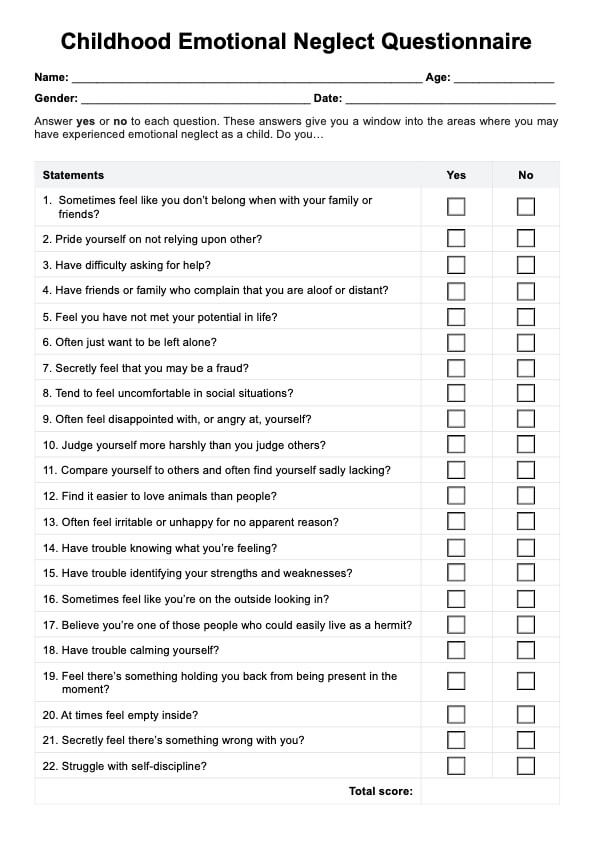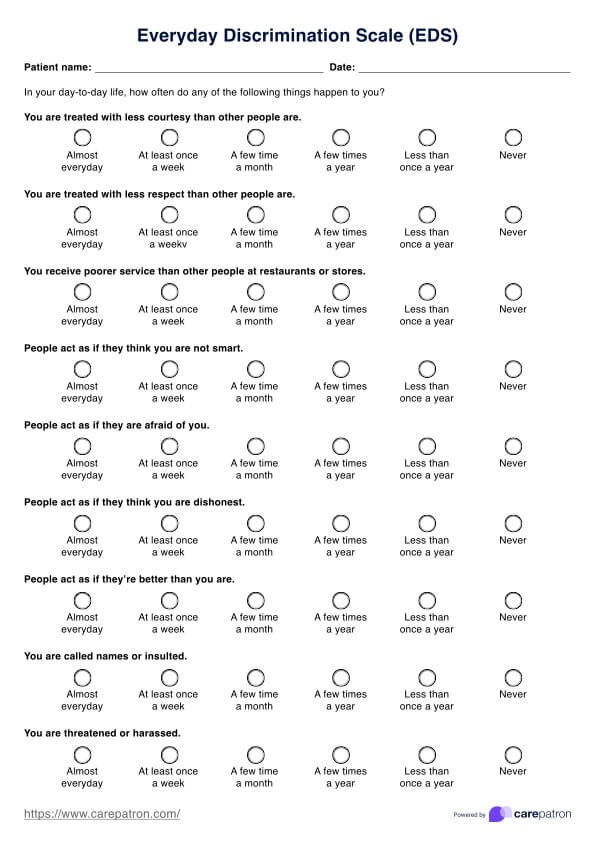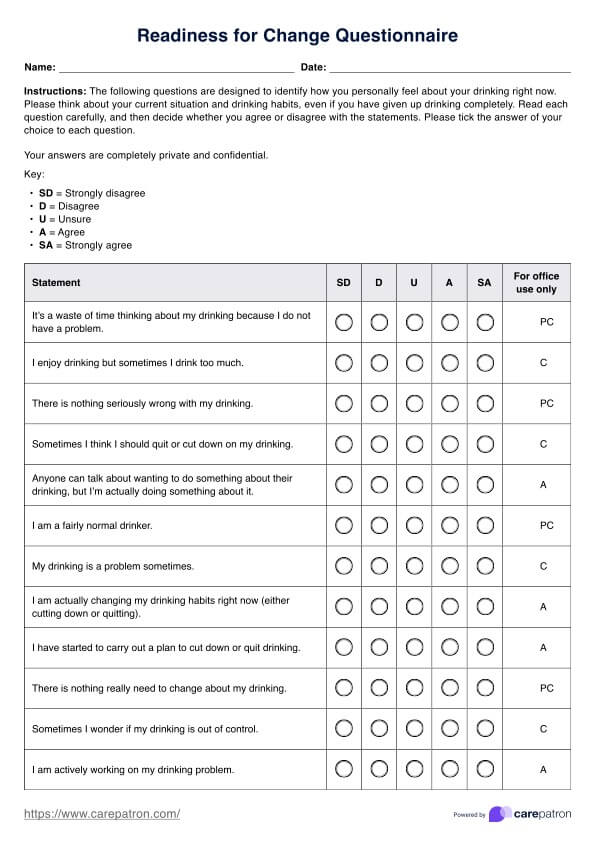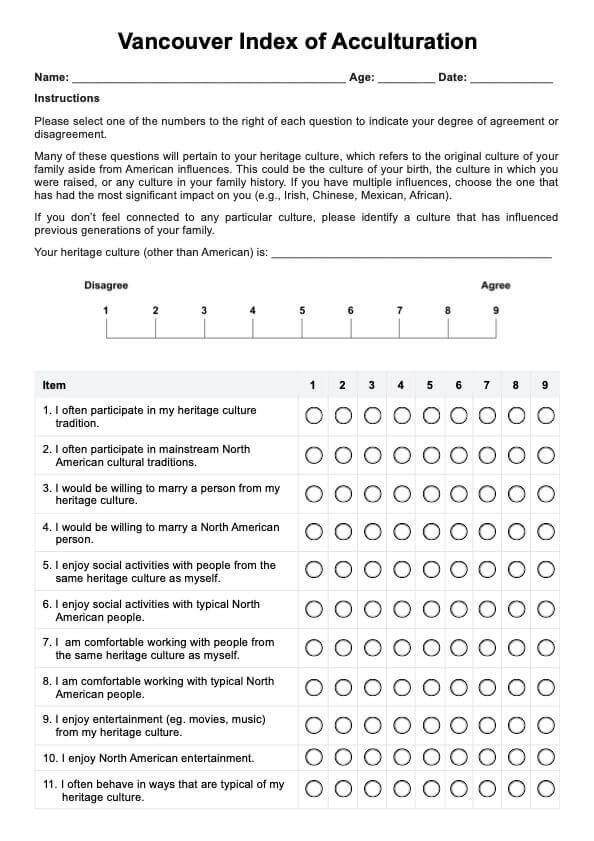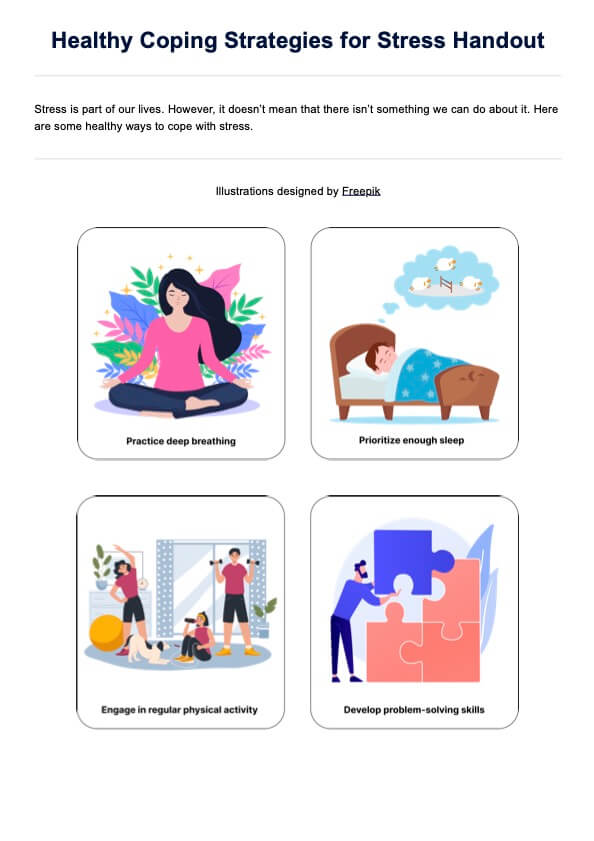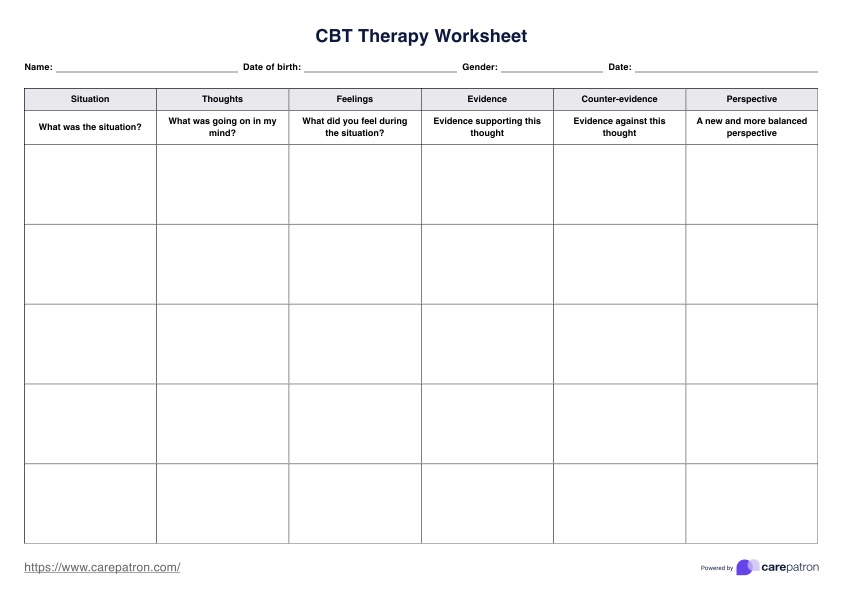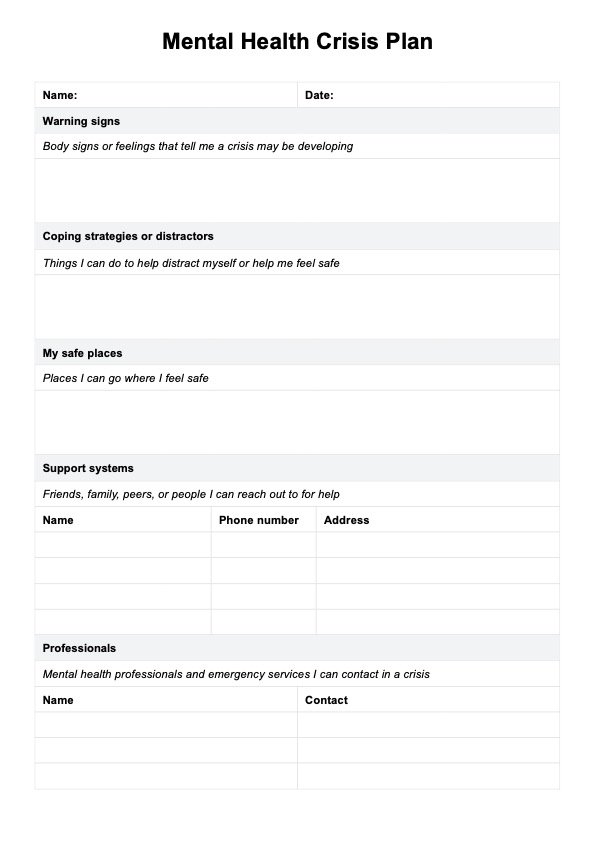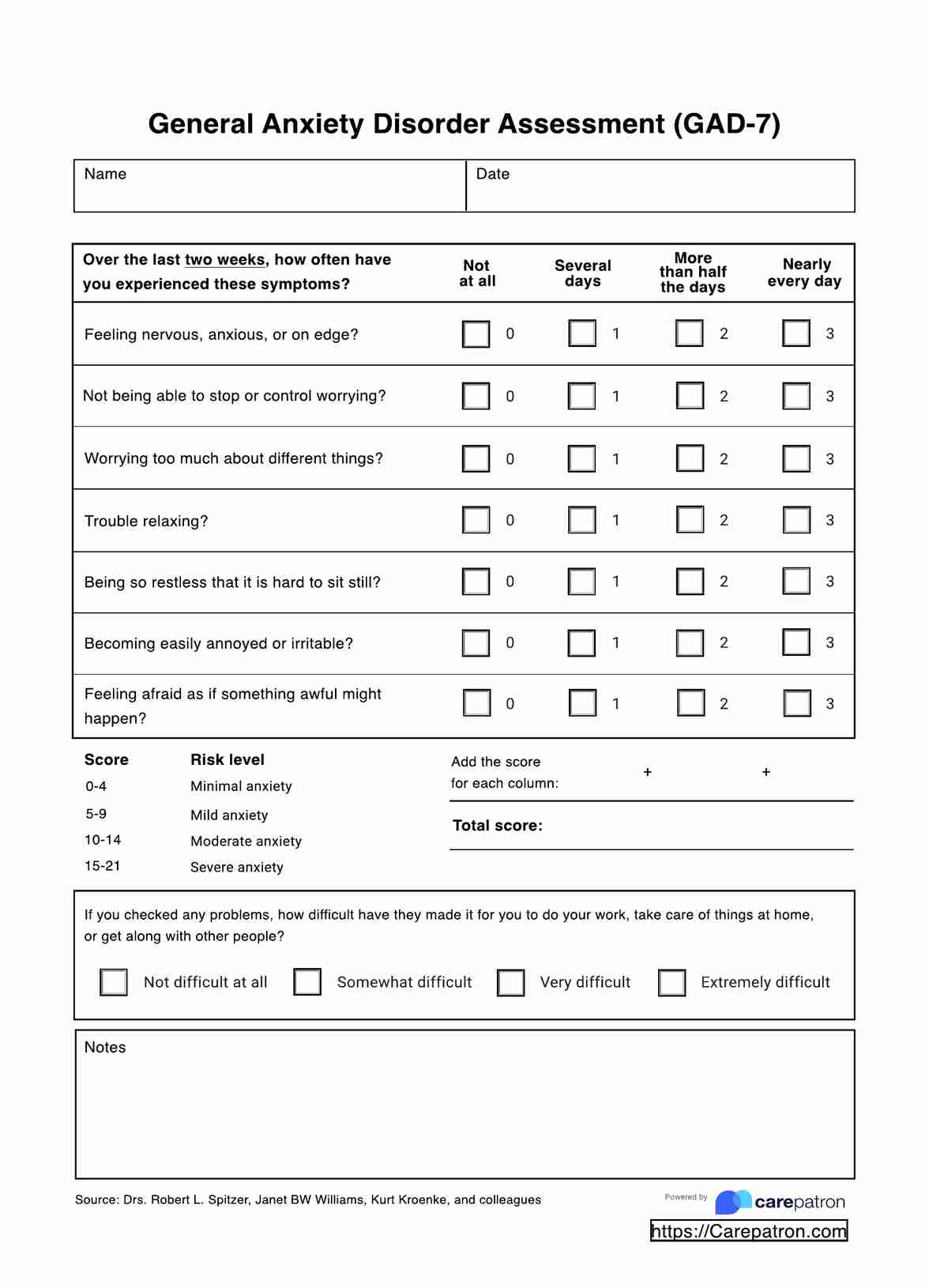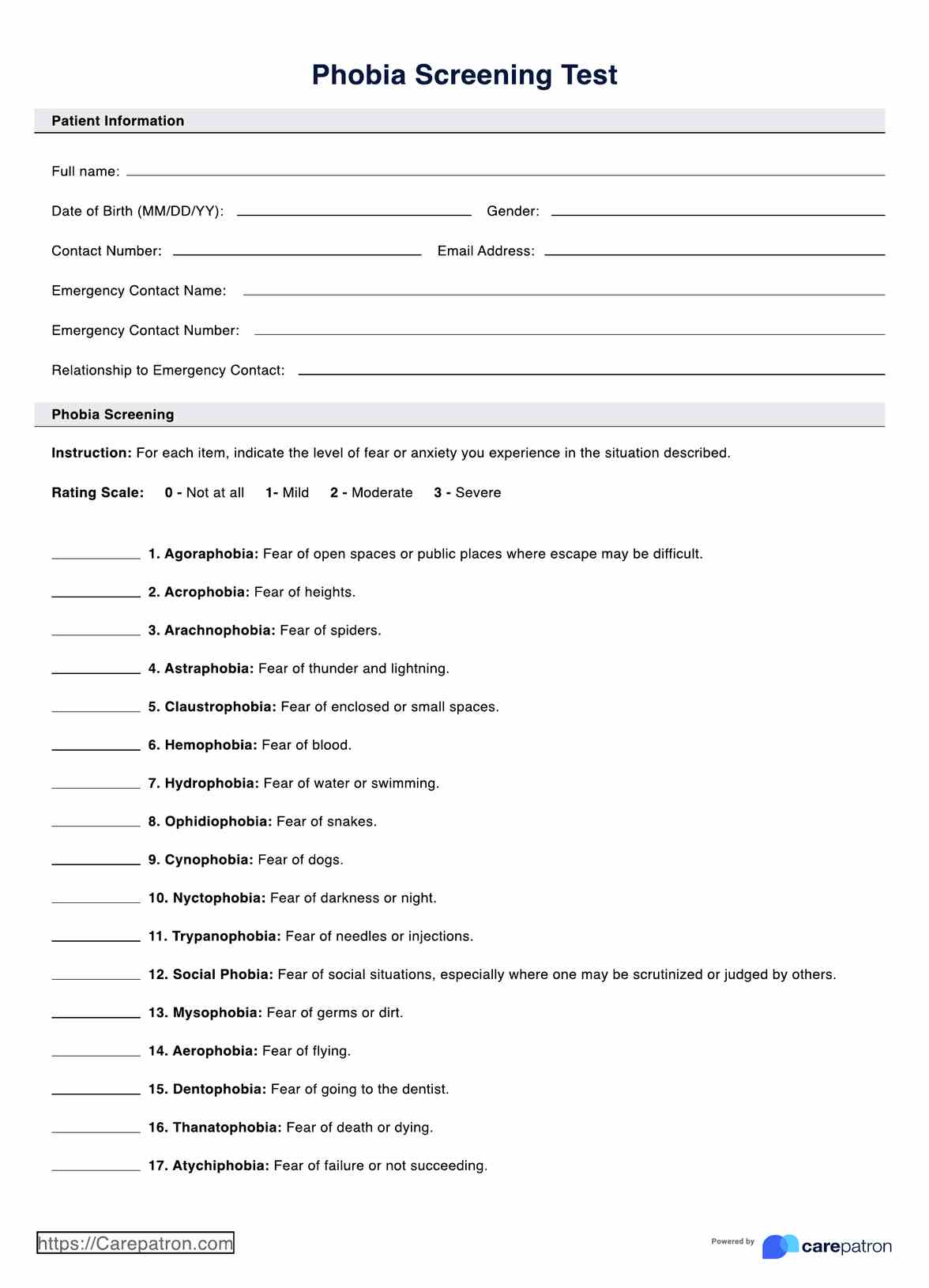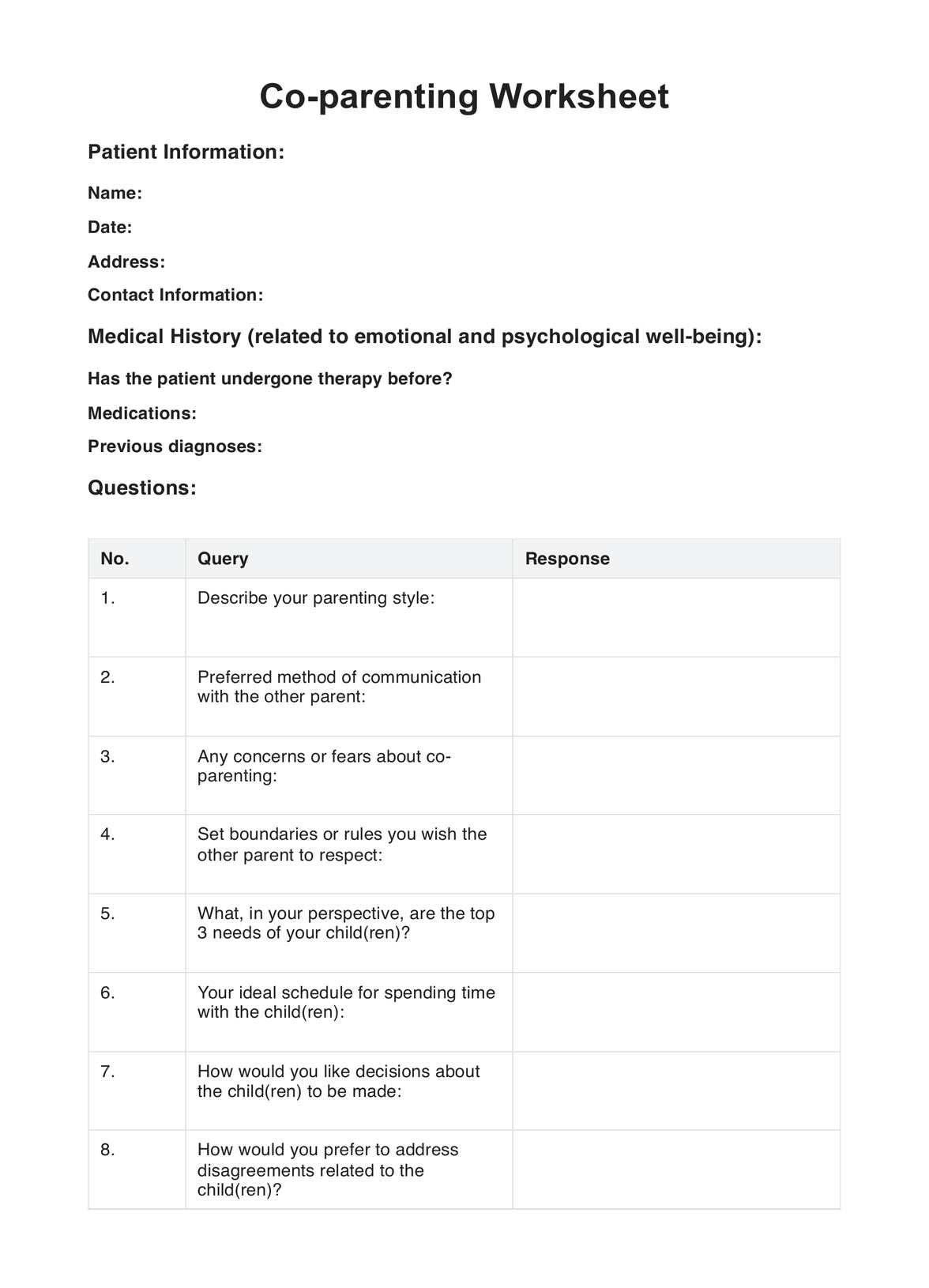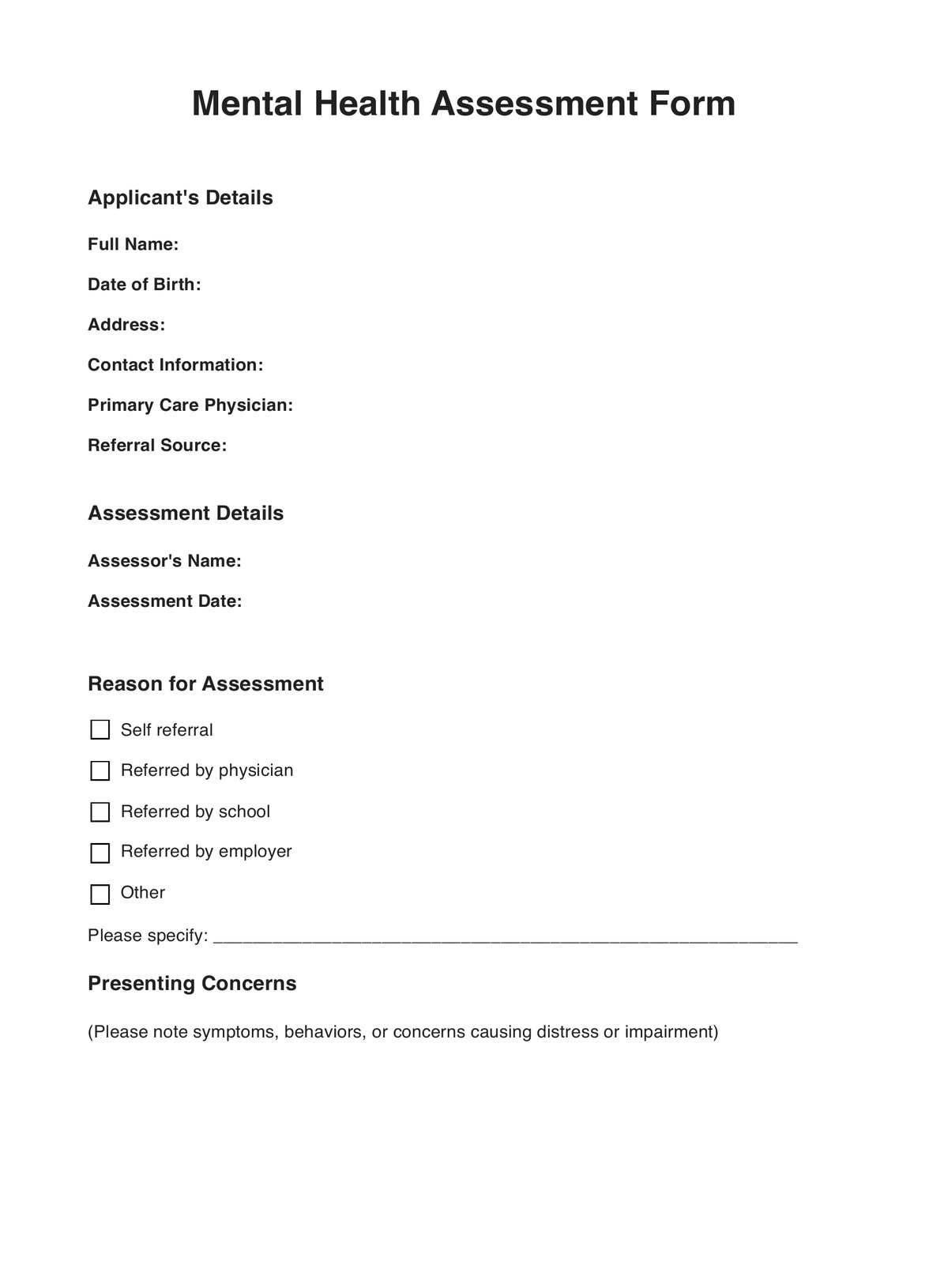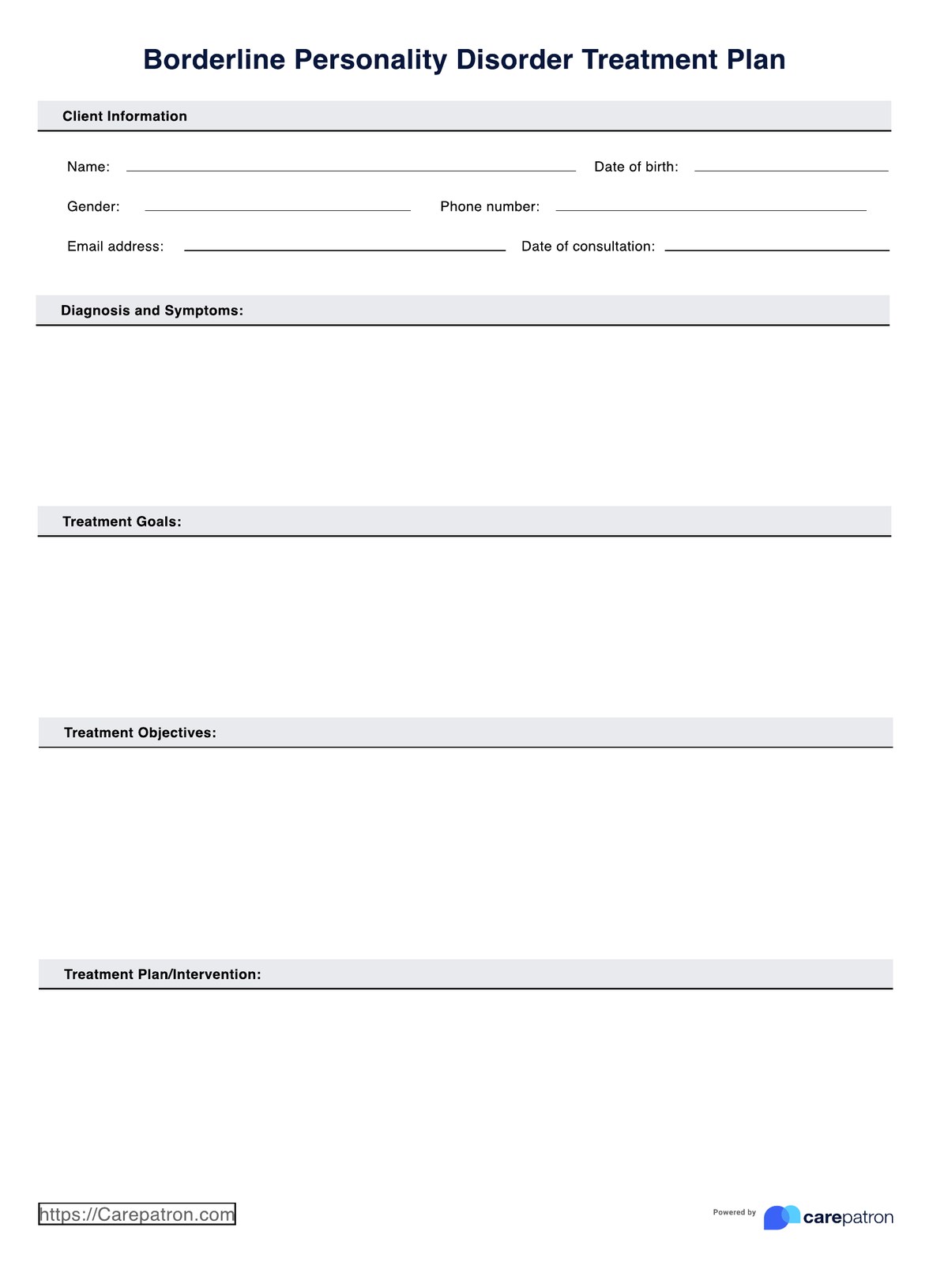Addiction Tests
Discover the comprehensive guide on Substance Use Disorder (SUD) screening tool and why Carepatron is the ideal platform for its implementation.


What is an Addiction Test?
An addiction test is a crucial tool health professionals use to evaluate whether an individual is struggling with addiction or substance use disorder. It's a series of questions that provide insight into an individual's behaviors, thoughts, and feelings related to substance use. In essence, an addiction test serves as a mirror, reflecting the impact of one's habits on their overall life quality.
However, it's not solely about flagging potential problems. An addiction test also highlights the steps that can be taken to foster recovery and a healthier lifestyle. It's a critical starting point in the recovery journey, a compass pointing to the most effective path forward.
can cover a range of substances, from alcohol to opioids to behavioral addictions like gambling. They are designed to be self-administered and only take a few minutes to complete. The individual answers each question honestly, helping them better understand their habits and, if necessary, seek help.
However, remember that an addiction test is not a diagnosis tool. It is a preliminary screening measure that may indicate the need for a more comprehensive assessment by a healthcare professional.
In this guide, we'll walk you through what an addiction test looks like and how to use it. Plus, we're offering a free downloadable PDF of an addiction test that you can use as a starting point for understanding. As you explore this vital resource, remember that honesty is the best policy, and seeking help is the bravest step. Let's dive in!
If you're looking for a downloadable PDF treatment plan, feel free to watch this video:
Addiction Tests Template
Addiction Tests Example
How Does It Work?
The Substance Use Disorder (SUD) screening tool is essential in identifying potential addiction issues. It provides a structured way for healthcare professionals to start a dialogue about a patient's substance use. Here's a step-by-step guide to how it should be administered:
Step 1: Explain the Purpose of the Screening
Begin by explaining to the patient the purpose of the screening. Emphasize that it's a preliminary tool to understand better their relationship with substances and not a diagnostic tool.
Step 2: Ensure Privacy
Make sure the patient feels comfortable and safe. The environment should ensure privacy and confidentiality to promote honesty in responses.
Step 3: Use the Screening Tool
Administer the screening tool. Go through each question, allowing the patient to respond at their own pace. Encourage the patient to be honest with their responses to understand their situation better.
Step 4: Discuss the Responses
Once the patient completes the questionnaire, discuss the responses. Listen to the patient's experiences, provide empathy, and avoid judgment.
Step 5: Interpret the Results
Based on the responses, interpret the results. Remember, this screening tool is not a definitive diagnosis but an indication that further evaluation may be necessary.
Step 6: Recommend Next Steps
If the screening tool suggests a potential substance use disorder, recommend the patient for a comprehensive assessment by a healthcare professional specializing in addiction.
To conclude, this screening tool serves as a starting point to identify potential issues related to substance use. It's not a replacement for a comprehensive assessment and diagnosis by a qualified healthcare professional, but it can guide the next steps for care.
When Would You Use This Template?
The Substance Use Disorder (SUD) screening tool can be vital in numerous healthcare settings. Its versatility and comprehensiveness make it a valuable resource for professionals looking to identify potential substance use issues in their patients. Here's when this template might be handy:
- Primary Care Setting: This screening tool can be a valuable preventive measure in a primary care setting. It can help physicians identify potential substance use disorders before progressing, enabling early intervention.
- Mental Health Clinics: In mental health clinics, where substance use disorders often co-occur with other mental health conditions, this tool can be a critical part of the assessment process.
- Substance Use Treatment Centers: For substance use treatment centers, the SUD screening tool can serve as an initial step in the intake process, helping to gauge the severity and type of a patient's substance use.
- Hospitals: In hospital settings, particularly emergency departments, the SUD screening tool can help identify patients needing a referral to specialized substance use treatment.
This template is an accessible, efficient tool for healthcare professionals in various settings to identify potential substance use disorders. It's an invaluable resource for initiating conversations about substance use and guiding further assessment and treatment decisions.
Benefits of Using This Addiction Test Template
Facilitates Early Detection
This tool helps identify potential substance use issues early, enabling timely intervention.
Promotes Open Dialogue
This template facilitates an open dialogue between the healthcare professional and the patient by asking direct, non-judgmental questions.
Supports Comprehensive Assessment
The wide-ranging questions ensure a holistic view of the patient's situation, supporting a comprehensive assessment.
Enhances Referral Decisions
Based on the screening results, healthcare professionals can make informed decisions about referring patients to specialized substance use treatment.
Increases Efficiency
The structured format increases efficiency by providing a consistent approach to screening for substance use disorders.
Encourages Patient Engagement
Engaging patients in screening can enhance their understanding of the situation, encourage self-awareness, and motivate them for treatment.
Research & Evidence
Substance use disorders are a significant public health concern with wide-ranging impacts on individuals and communities. Screening for substance use has been an area of substantial research. One landmark study in the 1980s by the Institute of Medicine highlighted the importance of routine screening for substance use disorders in healthcare settings. This recommendation was based on the prevalence of these disorders and the fact that they often go undetected.
Over the years, various tools have been developed and evaluated. A 2012 review of 36 studies in the Annals of Internal Medicine found that brief screening instruments accurately identify adults with substance use disorders. The Substance Use Disorder (SUD) screening tool combines several proven techniques and strategies from the literature, offering a comprehensive approach to identifying potential substance use disorders.
References
Institute of Medicine. 1989. Prevention and Treatment of Alcohol Problems: Research Opportunities. Washington, DC: The National Academies Press.
Jonas, D.E., Garbutt, J.C., Amick, H.R., et al. (2012). Behavioral Counseling After Screening for Alcohol Misuse in Primary Care: A Systematic Review and Meta-analysis for the U.S. Preventive Services Task Force. Annals of Internal Medicine, 157(9), 645-654.
Commonly asked questions
The SUD screening tool is versatile and can be used for different patient populations. However, it is most effective when tailored to the patient's needs.
No, the SUD screening tool is not a diagnostic tool. It's a screening instrument designed to identify potential substance use issues that may require further assessment.
Absolutely. Carepatron prioritizes data protection and patient confidentiality. All patient information and results are securely stored.


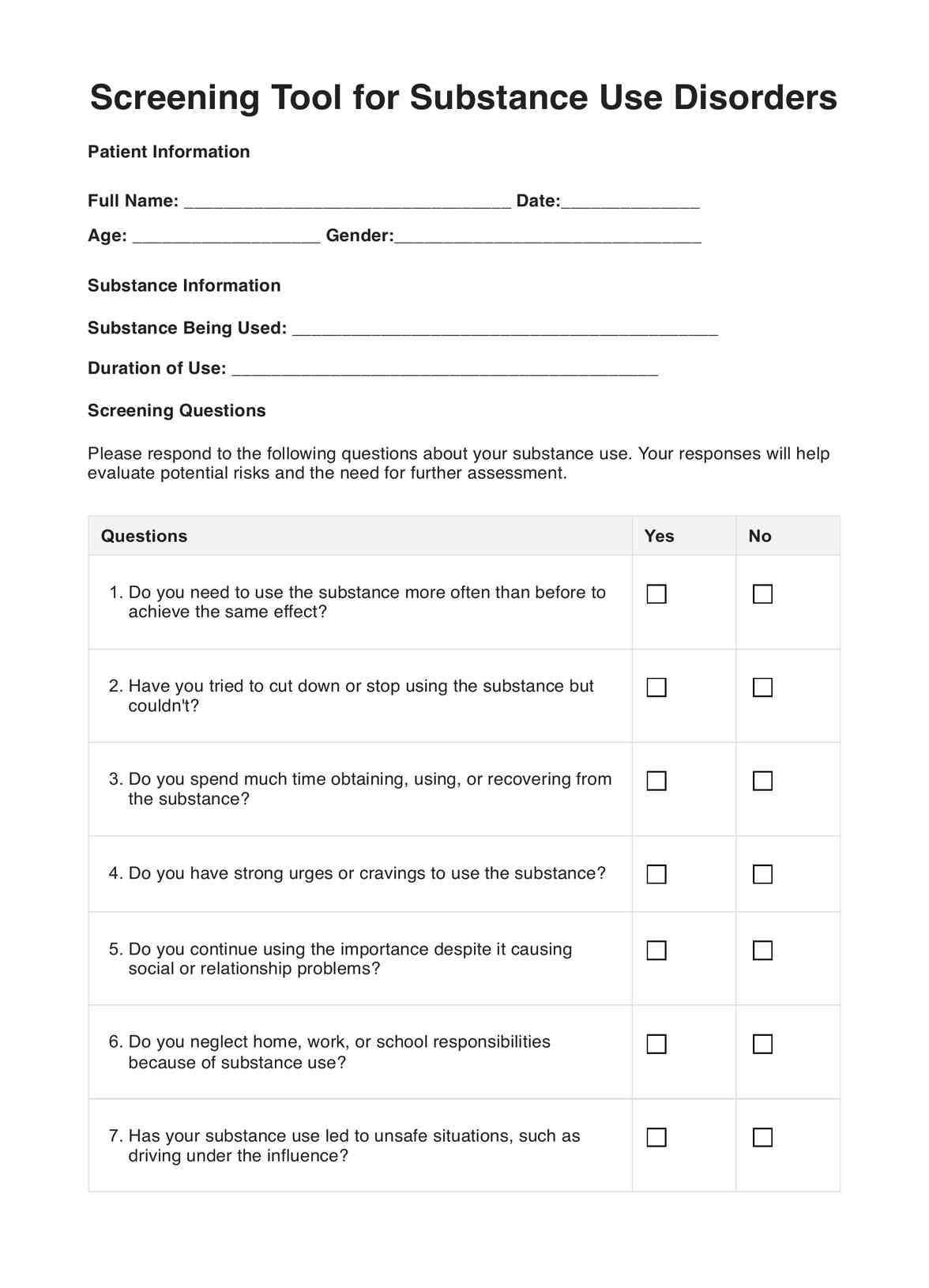
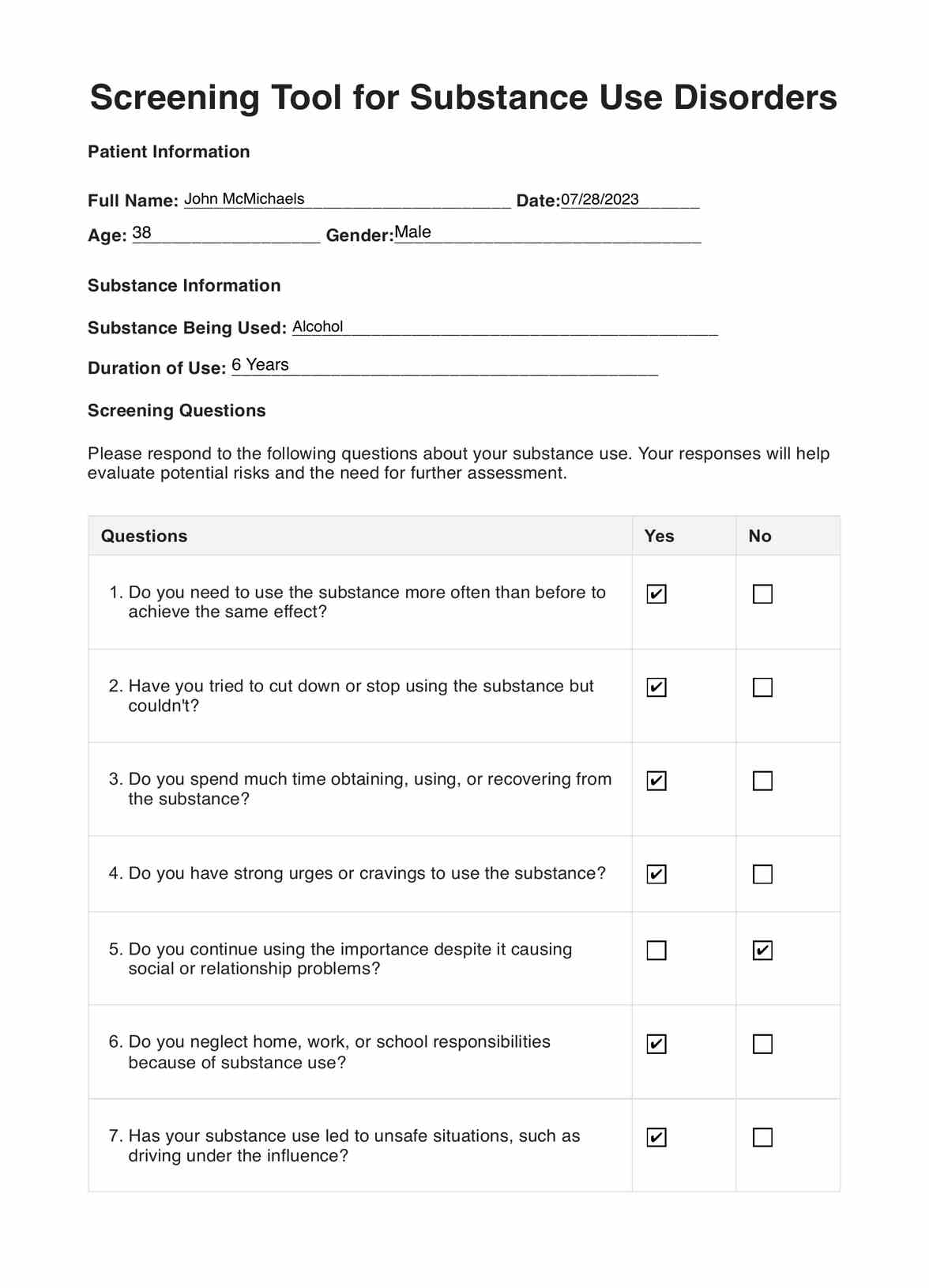


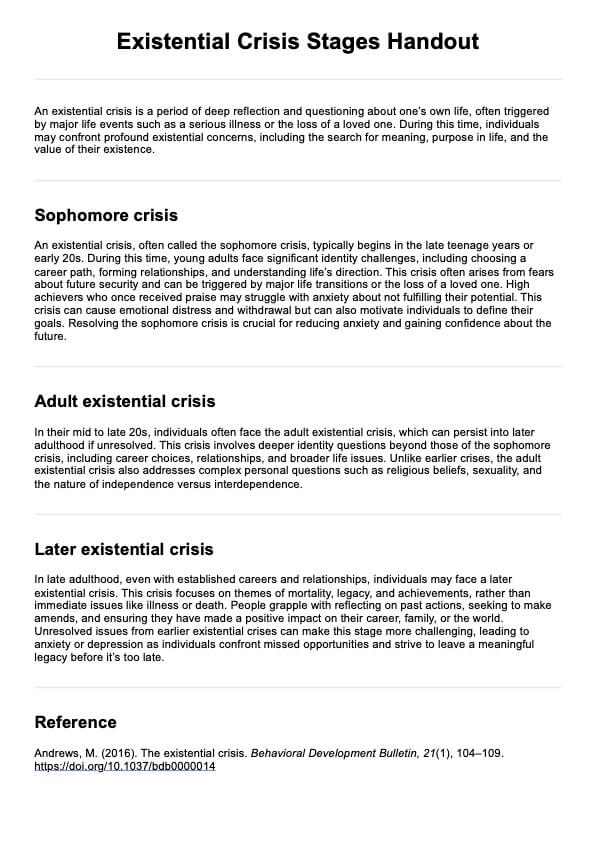
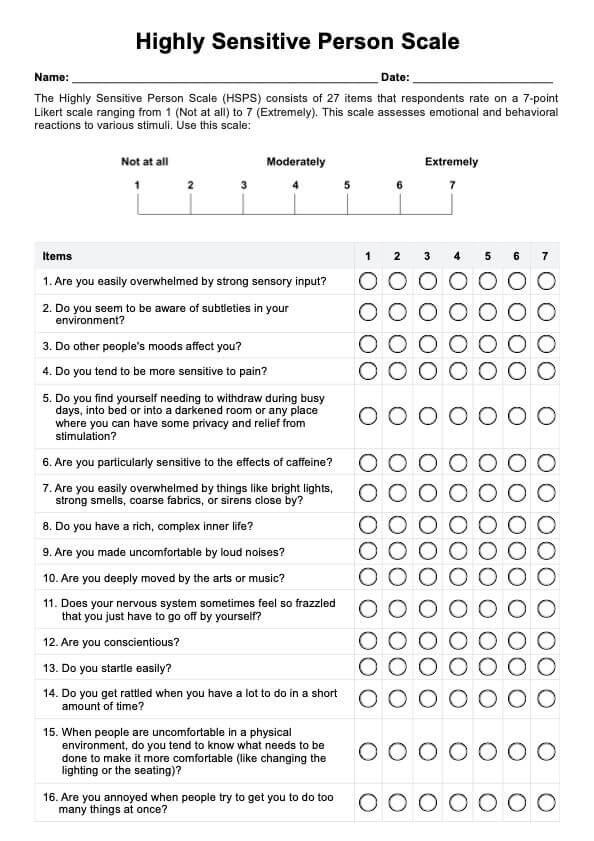










-template.jpg)


